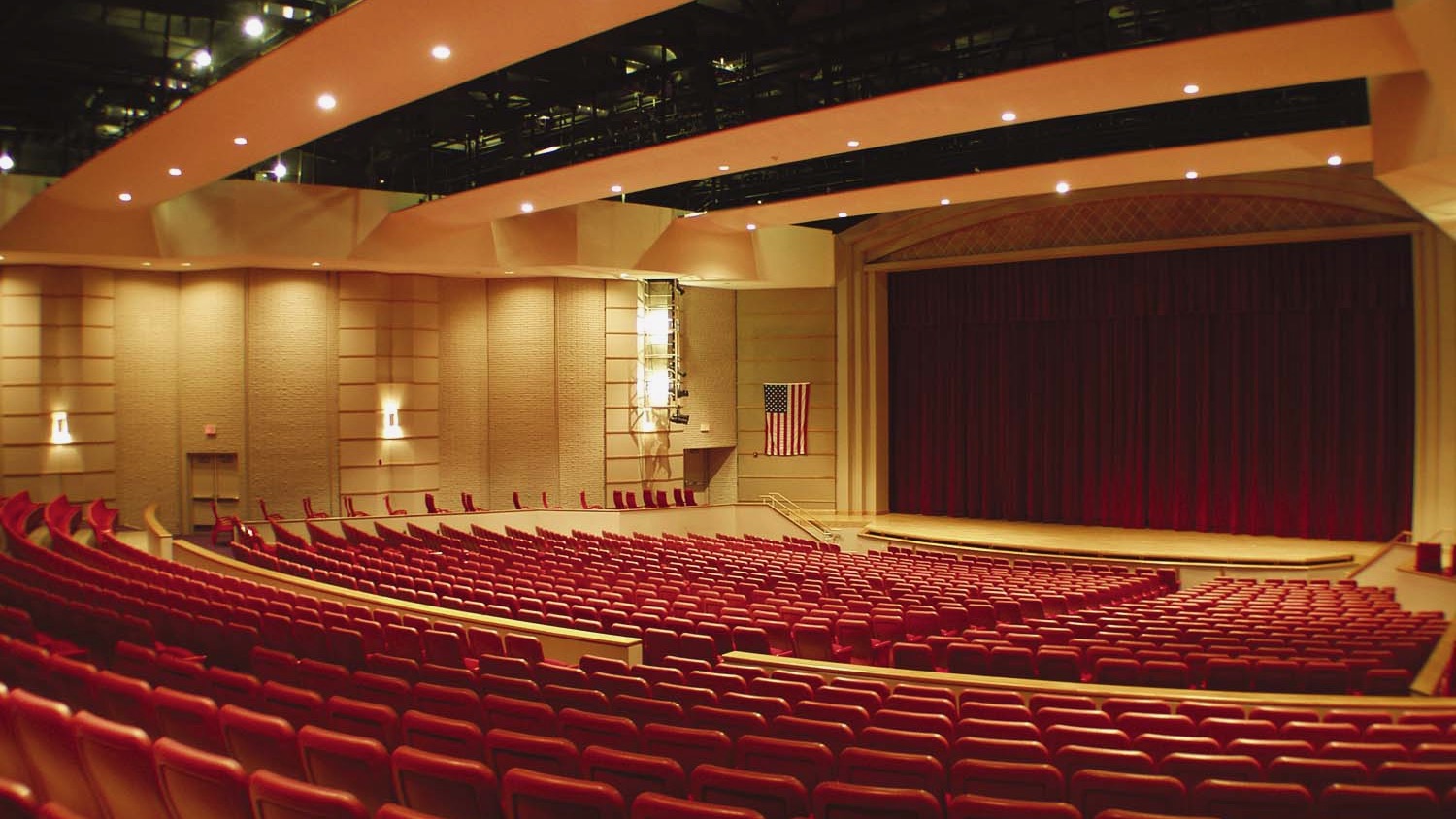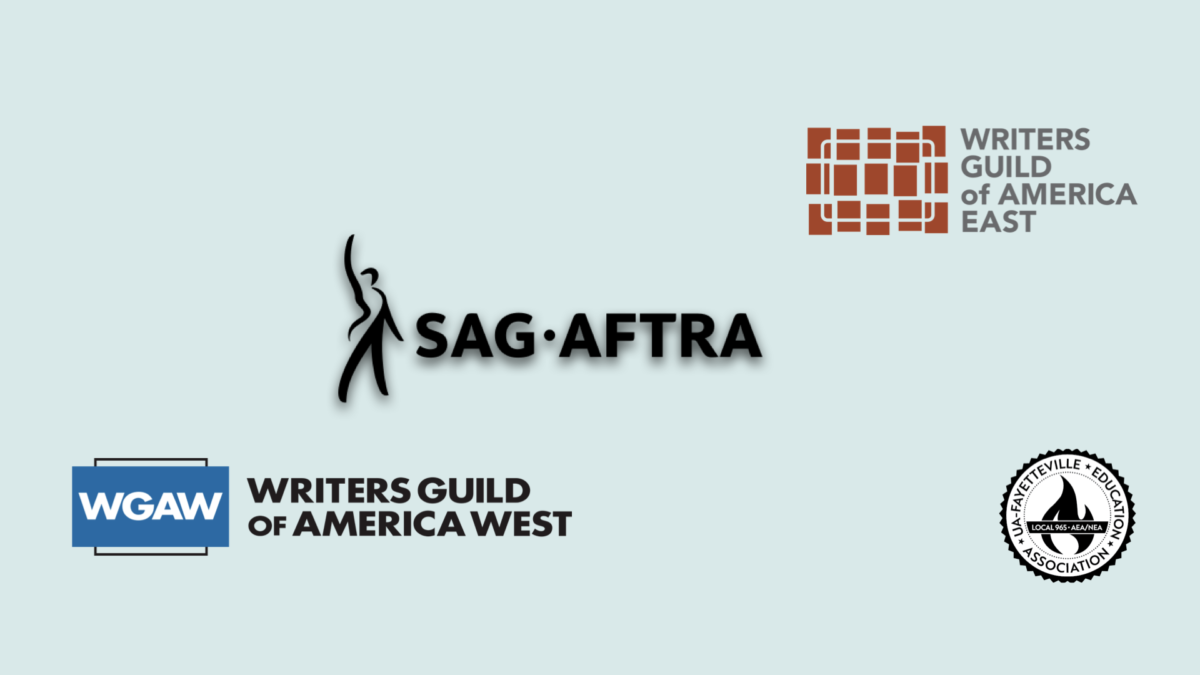It’s Science: A Rising Tide Would Lift All Boats
An Editor’s Note
This could be our year. The next months could see unions that support public educators and support staff, indeed the unions for all varieties of workers, return to proportionate prominence. This is because of the Hollywood strikes. All unions due to the walkout of actors and show writers could rise higher in the public eye than they have been in decades.
Both private and public unions often seem barely visible in Arkansas. I’ve had to reflect on my childhood to find this ain’t necessarily so.
One key is knowledge, that the public want to understand the issues at hand. Missing their favorite shows will be the motive. Points cited by the 11,500 members of the Writers Guild of America who walked out May 2 and 160,000 members of the Screen Actors Guild-American Federation of Television and Radio Artists marching pickets starting July 14 are complex but not hard to unravel.
We know these actors and writers by top member names or their productions, in a way we don’t know the people involved in recent major conflicts, Amazon warehouses and Starbucks cafes.
Just Tuesday (July 25), UPS reached a tentative agreement with the Teamsters, less than a week before their Aug. 1 deadline. Negotiations in June gained the delivery corporation’s 340,000 drivers an initial win, air-conditioning will be installed in some service vehicles bought after this year.
Imagine: Until 2023, no air-conditioning in those brown trucks.
The National Education Association, the nation’s largest union at 3 million members, includes the Arkansas Education Association and the latter’s first higher-education local, the 965 of the University of Arkansas. Thousands of teachers thus belong to AEA, which is not necessarily obvious to students or their communities.
I joined my first union, this one, as soon as I learned of it in 2017. As a summer worker, working assembly lines while in college, I was ineligible for membership in the unions of Rheem and Whirlpool in Fort Smith. Otherwise none of the companies I worked for in the decades since had unions. (I salute the people trying to start unions where none existed.)
Fifty-60 years ago Maxine Chapman was an AEA official out of Fort Smith. A family friend, the third-grade teacher often came to our house for dinner when I was a child. I recall Maxine talking of trips to Little Rock for AEA.
Longtime AEA President Sid Johnson taught me seventh-grade general science. I knew nothing of Mr. Johnson’s activism until a couple of years ago, after Sid and I “reunited” via Facebook.
Unions in Arkansas feel remote, until I consider my own connections.

That brings me to Charlie Knight, seemingly my dad’s antagonist.
My father managed the laundry-dry cleaners owned by his brother until the business failed in the late 1960s and my dad coursed through a series of desk jobs (his favorite was H&R Block tax preparer) until his death in 1985.
The one late supervisory job was stage manager of what then was the Fort Smith Municipal Auditorium several nights a month. If it wasn’t a school night (I was in junior high at the time), sometimes I got to go with Dad. So I’d see Mr. Knight, white-haired, a little portly and a bit rough.
For a time, Dad’s position moved to a day-shift stint as interim manager of the overall Fort Smith Convention Center.
Stagecraft was my dad’s lifelong hobby. After military service he designed or crewed on sets and lights for Fort Smith Little Theatre. In the early 1970s, thus the avocation became a paying gig.
These jobs included hiring crew for shows and events. He did that through the Fort Smith stagehands local, negotiating with its leader, Charlie. As a young teen I heard one side of these dozens of evening phone calls Dad had with Charlie.
The union likely was the IATSE, International Alliance of Theatrical Stage Employees, Moving Picture Technicians, Artists and Allied Crafts of the United States, Its Territories and Canada. (Here in 2023, the IATSE has announced support of WGA and SAG-AFTRA.)
The word heard most was “minimums.” Charlie would demand more crew being hired, more hours credited for those accepted and higher hourly wages. Dad of course had been handed budgets from on high. These men sounded like enemies, with the raised voices I overheard. As Dad in all parts of life avoided conflict, this must’ve been agonizing.
In the pews at my Dad’s funeral a decade later in 1985 was to Mom’s and my surprise Charlie Knight. Afterward he shook our hands.
The men must’ve shared dozens of conversations backstage. Once contracts were settled, they were friends.
Copyright 2023 Ben S. Pollock
My column first appeared in the July 2023 newsletter of UA-Fayetteville Education Association / Local 965, which I’m serving as vice president.
Journalism First note: Obviously I’m relying on memory here, but the facts mentioned are confirmed. Except two. Through web searches I’ve found nothing about a stagehands local in Fort Smith. The IATSE currently has one local in the state, in Little Rock. Second, no online record I’ve found lists a Charlie or Charley or Charles Knight. I dug through boxes this week to find my dad’s funeral register, where I recognized every signature and none was his. Sticking with Charlie Knight.

